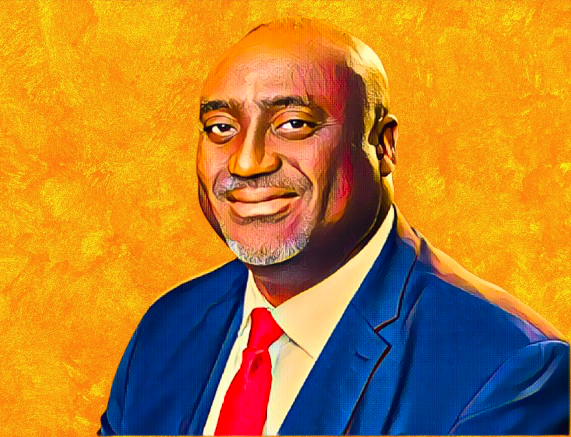KEY POINTS
- African Bar Association claims hidden LGBT provisions in the Samoa Agreement.
- Nigerian officials deny any LGBT language in the agreement.
- Concerns grow over potential influence on Nigeria’s anti-LGBT laws.
The African Bar Association has condemned the just signed Samoa Agreement, arguing it contains hidden provisions promoting LGBT rights.
Writing to the Speaker of Nigeria’s House of Representatives, Tajudeen Abbas, the association listed twelve parts of the agreement whereby references to sexual orientation and gender identity are allegedly contained.
The Samoa Agreement, which was signed on June 28, 2024, has brought controversies in Nigeria, particularly among the critics who claim that it is likely to compromise with the LGBT rights Nigeria law.
Mainly, the African Bar Association believes that they are easily disguised environmental provisions, capable of furthering an LGBT agenda in obscure language referring to non-discrimination and gender identity.
Government denies LGBT provisions
Due to the negative perceptions that have been voiced out, Nigerian authorities, such as the Minister of Budget and Economic Planning Abubakar Bagudu, have dismissed the existence of LGBT inclinations in the agreement.
Bagudu continued quite emphatically, “LGBT or same-sex marriage were not stated anywhere in the documents.”
According to BusinessDay, the president of the Nigerian Bar Association, Yakubu Chonoko Maikyau, also said the agreement does not compel Nigeria to accept or recognize LGBT rights as a condition for loan or anything. He stated that no language in the Samoa Agreement can force Nigeria to alter its laws about LGBT issues.
Concerns over hidden agendas
Nevertheless, such assurances are still viewed with scepticism by the Catholic Bishops Conference of Nigeria. They argue that these general clauses might be used to advance and promote LGBT rights worldwide, and then used domestically in Nigeria.
The African Bar Association’s Family Law Committee took these concerns further by researching the agreement. Others claim that the language surrounding ‘sexual orientation’ and ‘gender identity’ is sufficiently ambiguous to incite such changes in Nigeria.
These phrases, says the association, may be used to give an endorsement to promote LGBT rights under the banners of non-discrimination sexual orientation and reproductive health awareness.
To accomplish the treaty implementation, the association noted that some grant recipients are non-governmental organizations and international organizations that facilitate activities supporting the promotion of the LGBT. They believe that this may lead to the gradual introduction of LGBT ideologies into Nigeria under the pull of international frontage duties.
Meanwhile, the African Bar Association has called on the Nigerian legislators to study the Samoa Agreement carefully to ascertain whether it is unfavourable to the Nigerian laws and culture.


